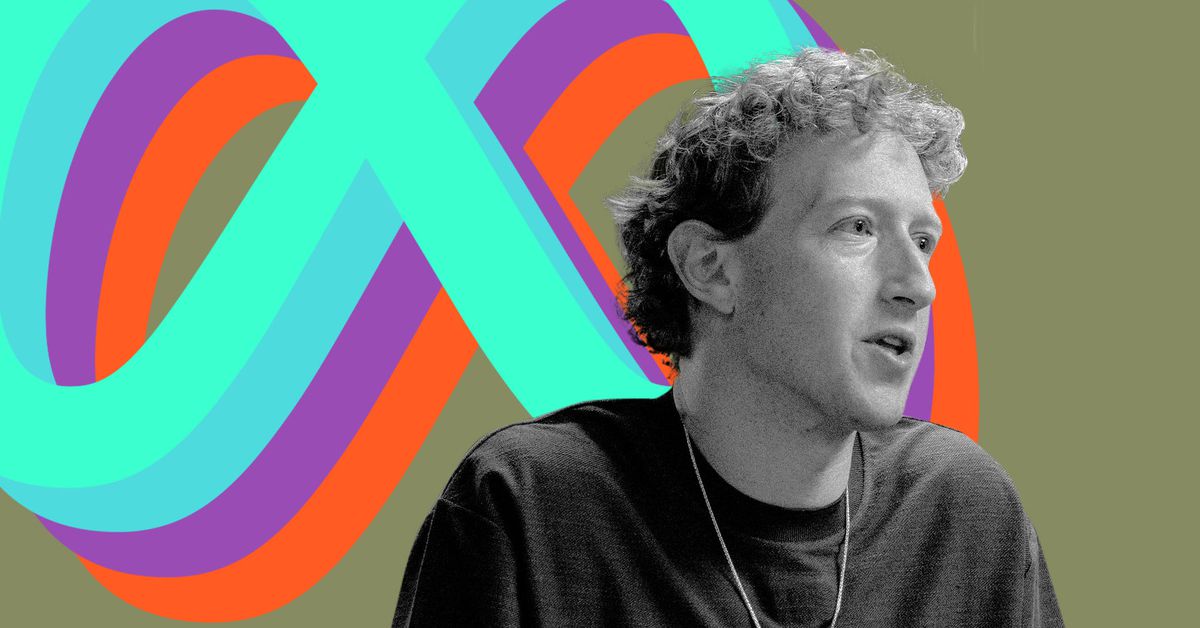Meta is asking California Attorney General Rob Bonta to block OpenAI’s planned transition from a non-profit to for-profit entity.
In a letter sent to Bonta’s office this week, Meta says that OpenAI “should not be allowed to flout the law by taking and reappropriating assets it built as a charity and using them for potentially enormous private gains.”
The letter, which was first reported on by The Wall Street Journal and you can read in full below, goes so far as to say that Meta believes Elon Musk is “qualified and well positioned to represent the interests of Californians in this matter.” Meta supporting Musk’s fight against OpenAI is notable given that Musk and Mark Zuckerberg were talking about literally fighting in a cage match just last year.



Maybe that’s what you believe, but allowing commercial use has been a core tenant of free and open source software
no it hasn’t. the first instance of open source anything was a major manufacturer(Ford) strong arming the patent office into forcing a patent holder to give up the rights to his patent effectively making it worthless.
only then to create a shell company (Motor Vehicle Manufacturers Association) that would then hold the rights to the patent and share it with all motor vehicle manufacturers.
it was all a grift to get the patent away from the original holder so that Ford would directly benefit from it because they didn’t have an engineering team capable enough to design an engine that didn’t infringe upon the original patent.
because of this we have had zero to no true innovation on engine designs outside of a racetrack (which also directly benefits the manufacturer).
so don’t go spouting that FOSS has always been about being an equalizing factor to intellectual property rights, because if anything it’s the exact opposite.